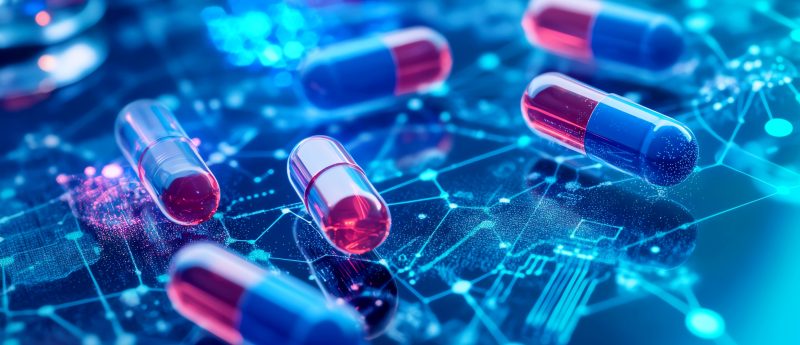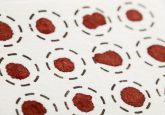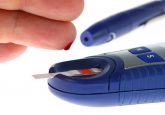Monitoring drug levels in real-time

A palm-top device has been developed that can continuously monitor drug levels in the bloodstream.
Researchers at the University of California, Santa Barbara (CA, USA) have developed a biosensor that can monitor drug levels as they flow through the bloodstream in real-time. Current dosing methods rely on a patient’s age or body weight and cannot account for the specific biological responses of a patient over time. Therefore, doctors must balance on the fine line between effectiveness and toxicity without truly in-depth knowledge of drug levels.
The paperclip-sized device, called MEDIC (microfluidic electrochemical detector for in vivo concentrations), is able to determine – in real-time – concentrations of specific molecules in extremely small amounts in blood, potentially leading to truly personalized medicine. The MEDIC device is a microfluidic chamber lined with gold electrodes from which aptamers extend. The aptamers wrap around the target molecule on contact, delivering electrons from its tip to the electrode at the aptamers base, the current signals the molecules presence. Scott Ferguson, (University of California, Santa Barbara) one of the developers, commented, “For the first time, we can see how the body is processing specific molecules.”
Previous versions of such devices have failed after around 30 minutes as the proteins and coagulants in whole blood would cling to the sensors. This problem was solved in this device by introducing a second flow in the chamber, a liquid buffer that stacked on top of the bloodstream without mixing, enabling the filtering of large blood components from the small drug molecules.
“The device worked incredibly well,” said Tod Kippin from the Department of Psychological and Brain Sciences at University of California, Santa Barbara, whose laboratory tested the microfluidic device. “The measurements were highly sensitive to doses that are clinically relevant and could be maintained for several hours. Further, we demonstrated exquisite selectivity and flexibility in that the device is only sensitive to the target even when administered a cocktail of drugs.”
The MEDIC device is still in the early development stages so approval may be some time away, but in the meantime the device will make data available that could help to advance drug therapy.
Source: Live feed into our bodies.





